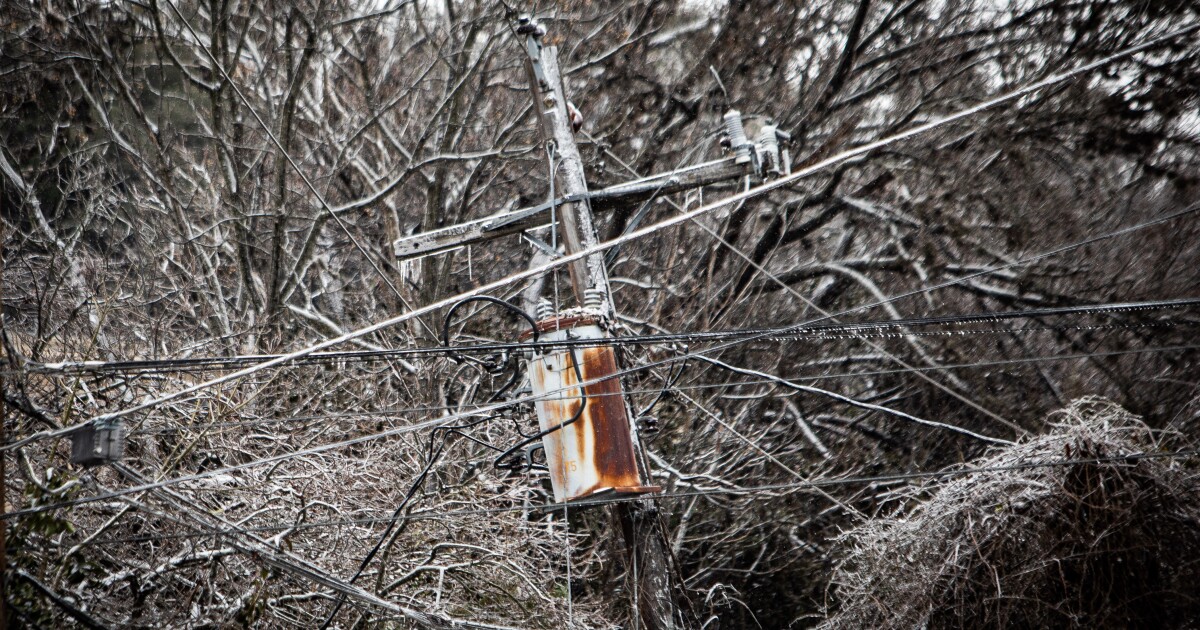Almost three years since the deadly Texas blackout of 2021, a panel of judges from the First Court of Appeals in Houston has ruled that big power companies cannot be held liable for failure to provide electricity during the crisis. The reason is Texas’ deregulated energy market.
The decision seems likely to protect the companies from lawsuits filed against them after the blackout. It leaves the families of those who died unsure where next to seek justice.
…
This week, Chief Justice Terry Adams issued the unanimous opinion of that panel that “Texas does not currently recognize a legal duty owed by wholesale power generators to retail customers to provide continuous electricity to the electric grid, and ultimately to the retail customers.”
The opinion states that big power generators “are now statutorily precluded by the legislature from having any direct relationship with retail customers of electricity.”



Ah yes more middlemen with do nothing jobs ment to reduce corporate liability. The American dream.
Dont disparage what they do. They also add to the price so they can profit. Clearly, added value.
that and how many of their customers can afford (or have the spare time) for a contract lawyer?
It’s a separation between power generation and power delivery. We have the same thing in New York. Someone has to own the actual delivery infrastructure, which in NYC is generally this company called ConEdison. They’ll also provide the generate power for you, but you have the right to switch to other providers. For instance, I could switch to a provider that generated all power from renewable sources, though it is naturally more expensive.
Maybe it works that way in NYC, but here in Indiana, I get one option for a power company. Power, gas, water, sewer, trash collection, all single option. And no, that single option is not a government one because I live outside city limits. Until they laid fiber in this neighborhood last year, I only had one option for internet too.
I won’t pretend to know the regulations in Indiana, but it’s also entirely possible that startup costs or market conditions there don’t really facilitate additional competitors. Utilities tend to become way less efficient as you get less dense, so I wouldn’t be surprised if you don’t really get much competition even if there aren’t strong regulatory barriers. The market being open doesn’t necessarily mean that it’s profitable.
Do they, though? I hear there’s this neat thing called “public ownership” that works wonders for basic necessities like utilities. And that way you don’t have someone scheming to profit off the things you need to stay alive.
During the Great privatization scam we are promised that the free market would somehow be magically more efficient but it turns out it was a just so they could show profit Hearing in the middle of stuff that had previously been free of it. Worst service and higher prices were universally the result because those profits have to come from somewhere and that’somewhere is you
There are lots of examples of private companies working well as regulated monopolies. The key word is “regulated”, though.
I mean, that isn’t incompatible with this system at all. Government ownership of the delivery system, which I’d fully agree is a good thing and one of the places where state ownership naturally fits, is still ownership.
The government generally isn’t in the energy production business, so either they lock you into a monopoly with an energy producer, or you get to choose one. Either way, it’s the same general system.